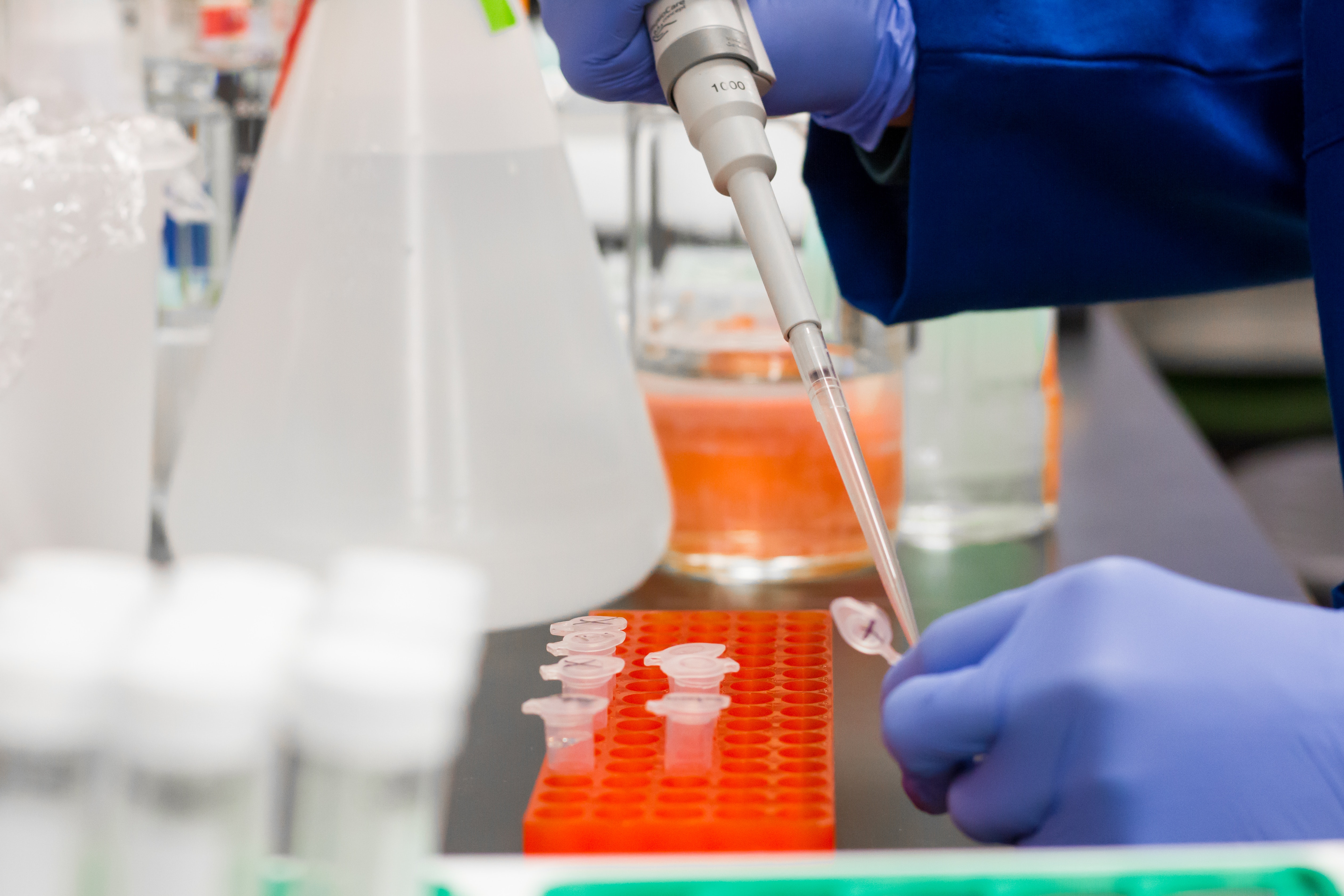High-Yield, High-Stability Overexpression Tag for Bacterial Protein Production
A novel protein purification tag achieves high yields of pure, soluble, full-length recombinant proteins
Current protein purification methods rely on solubility-enhancing tags that permit purification with affinity chromatography and subsequent cleavage with specific proteases to extract the target proteins. Researchers have now developed a technique to recover target proteins from inclusion bodies using strategically developed fusion partners.
This technology employs an engineered ribose binding protein (RBP), originally derived from a thermophilic anaerobic bacterium, to achieve high yields of pure, soluble, full-length recombinant proteins expressed in prokaryotic or eukaryotic cells. RBP is circularly permuted and split at a site that the researchers discovered to yield a native and unusually stable RBP structure, and the protein inserted at this site is protected against degradation by endogenous cellular exoproteases, stabilizing and increasing overexpression of target proteins. This technology has been used successfully to express, solubilize and purify human amyloid proteins under native conditions.

- Selectively purifies full-length, non-degraded target proteins.
- Simple purification using Ni-NTA columns.
- Design protects target protein from degradation by cellular proteases.
- Peptides can be purified out of inclusion bodies.
- Can be easily integrated into other vectors.
- Recombinant or native protein purification.
- Can be used in prokaryotic and eukaryotic systems.
- Can solubilize and purify amyloid proteins.
This technology is vailable for licensing.
Patent Information:
| App Type |
Country |
Serial No. |
Patent No. |
Patent Status |
File Date |
Issued Date |
Expire Date |
|